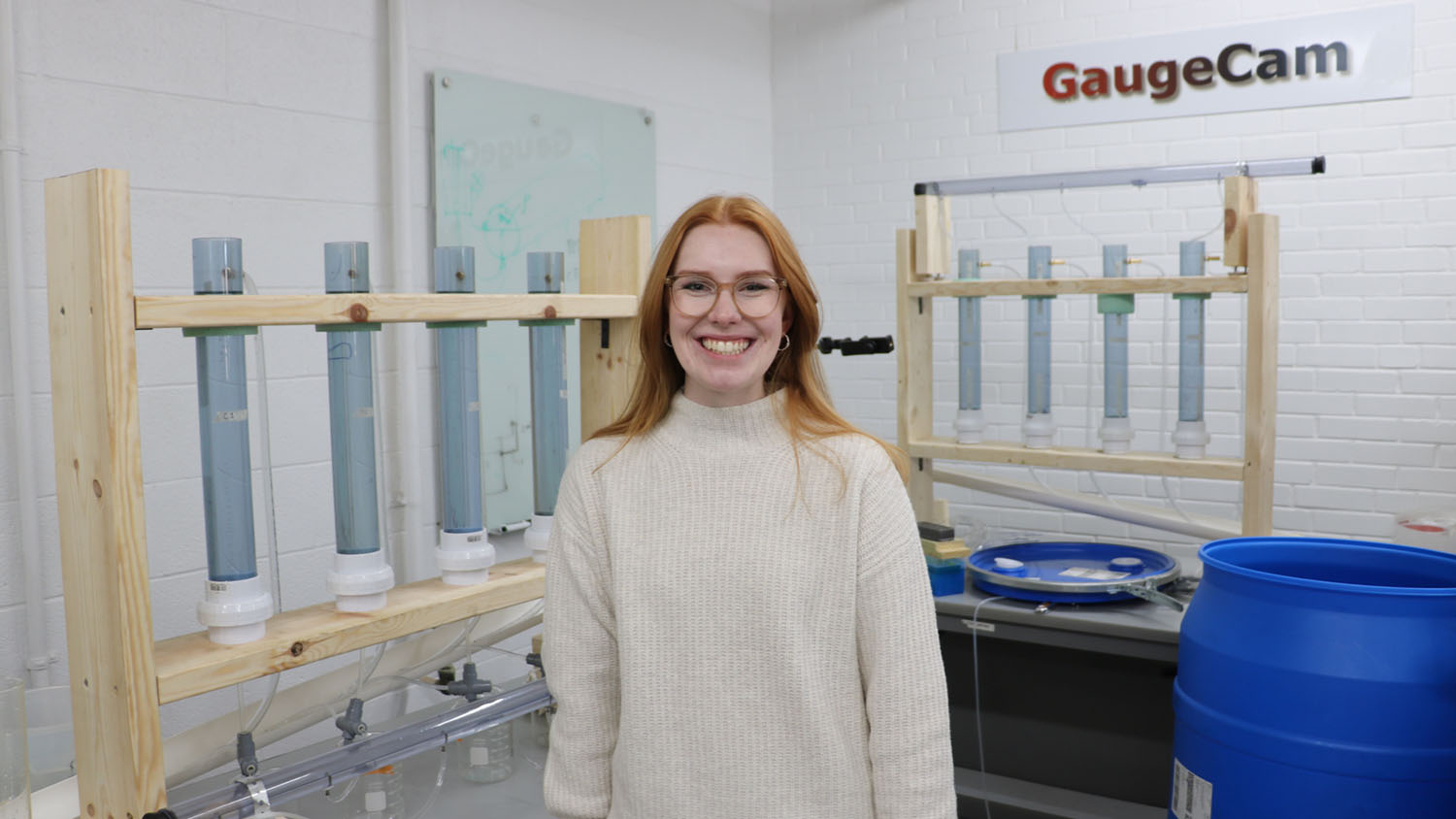Chancellor Woodson Announces Pilot Projects and Executive Committees To Improve Research Infrastructure

NC State’s research enterprise has seen enormous growth over the past decade. While an impressive reflection on the strength of our research enterprise, this growth has posed challenges to our existing infrastructure and administrative processes. In response to these challenges, Chancellor Randy Woodson charged three task forces with identifying the most pressing issues impacting research administration and support services at NC State.
Based on recommendations resulting from the Research Administration and Support Services initiative, Chancellor Randy Woodson, together with his leadership team, has selected nine pilot projects to proceed with in order to improve NC State’s research infrastructure.
The selected pilot projects include:
1. Developing a unified sponsored research proposal submission timeline: This pilot project will seek to develop a unified proposal submission timeline.
Due to NC State’s decentralized research administration model, proposals are submitted using a variety of timelines and processes. Coordination across units requires substantial effort, slowing processing times in a system that is already stressed due to understaffing. Different units have different requirements for which proposal documents must be submitted and at what times.
Lead: Sherrie Settle, ORI; RSC Executive Committee; Research Operations Council
2. Creating consistent research administration positions and career path: This pilot project will work to ensure consistency across the university’s similar research administration positions.
NC State’s research administration structure is deeply decentralized, with research administrator responsibilities distributed across central offices, colleges, departments, centers, programs, and even individual labs with robust external funding programs. Each college determines the level of support it provides to its researchers and the associated administrative structure. This leads to inconsistent job descriptions, which make it difficult for faculty and staff to understand individual roles and responsibilities and also hampers research administrators’ ability to determine career paths within the university. The pilot will start by focusing on job descriptions, classifications, and compensation models.
Lead: Tim Danielson, UHR; Sherrie Settle, ORI
3. Improving data sharing: This pilot project will define, design, and execute a suitable use case of cross-college data sharing.
NC State has very closed systems for data access. Most campus users can only see data and transactions within their OUC (organizational unit code), generally at the college (2-digit unit) level. This pilot project will define a specific use case, focusing on cross-college research activities like academies, core facilities, and centers and institutes. Once the pilot use case has been defined, then tests will be designed and executed.
Lead: Ron Reed OIT; Ryan Bernarduci, UHR
4. Strategically leveraging Artificial Intelligence (AI) for university operations: This pilot project will develop a case study employing artificial intelligence (AI) to improve efficiency in research-related university operations.
Lead: Marc Hoit, OIT; Representative for the chosen area (once selected)
5. Establishing a career progression model for postdoctoral scholars: This pilot project will explore how to establish a standard career progression that allows for quick review and approval within the human resources process.
Many colleges and departments use postdoctoral fellowships to recruit long-term research staff. However, the process of converting postdoctoral fellows to EPS research scholars or to non-tenure-track faculty positions (e.g., assistant research professor) is cumbersome.
Lead: Tim Danielson, UHR
6. Reviewing third-party lodging approval process: This pilot project will explore potential improvements to the third-party lodging process.
Specific items to be considered include building approval of third-party lodging into the travel authorization process; defining timelines for requesting third-party lodging approval; reviewing the NC State internal policy, including studying funding sources, research purposes, and the possibility of documenting why third-party lodging is needed for specific research activities; requesting an OSBM review and potential update of Budget Manual Section 5.2.4 given the rise in popularity of third-party lodging to allow exclusion for research projects where the sponsor has approved third-party lodging.
Lead: Fran Lawrence, University Controller’s Office
7. Developing a consensus definition of a “culture of support:” This pilot project will develop and pilot a survey and a moderated focus group to clarify and define the perceived focus on risk and compliance over information-sharing and collaboration.
Building on initial development from the Culture, Collaboration, and Communications task force, the goal is to use the pilots to define a set of instruments that can gather information from university constituents representing a broad spectrum of roles and perspectives within the research community to inform data-driven decisions supporting improved university effectiveness.
Lead: Genevieve Garland, ORI
8. Implementing Research-Related Policy Review and Comment Period for Campus: This pilot project will develop and implement a period and process of review for campus constituencies as new research-related policies are implemented.
Lead: Kathryn Bogle, OGC; Genevieve Garland, ORI
9. Organizing meetings of ORI faculty and staff research advisory committees: This pilot project will ensure a regular cadence of meetings and cross-communication between the faculty and staff research committees including URC, RSC, RLA, and ROC.
Lead: Laura Kroeger, ORI
As a part of this overall initiative, permanent evaluation tools to gather ongoing feedback from key constituencies will also be put in place.
In addition, Chancellor Woodson has created an executive committee made up of top university leadership to oversee the implementation of these efforts — and ensure continuous improvement through long-term key performance measures.
This post was originally published in NC State News.


